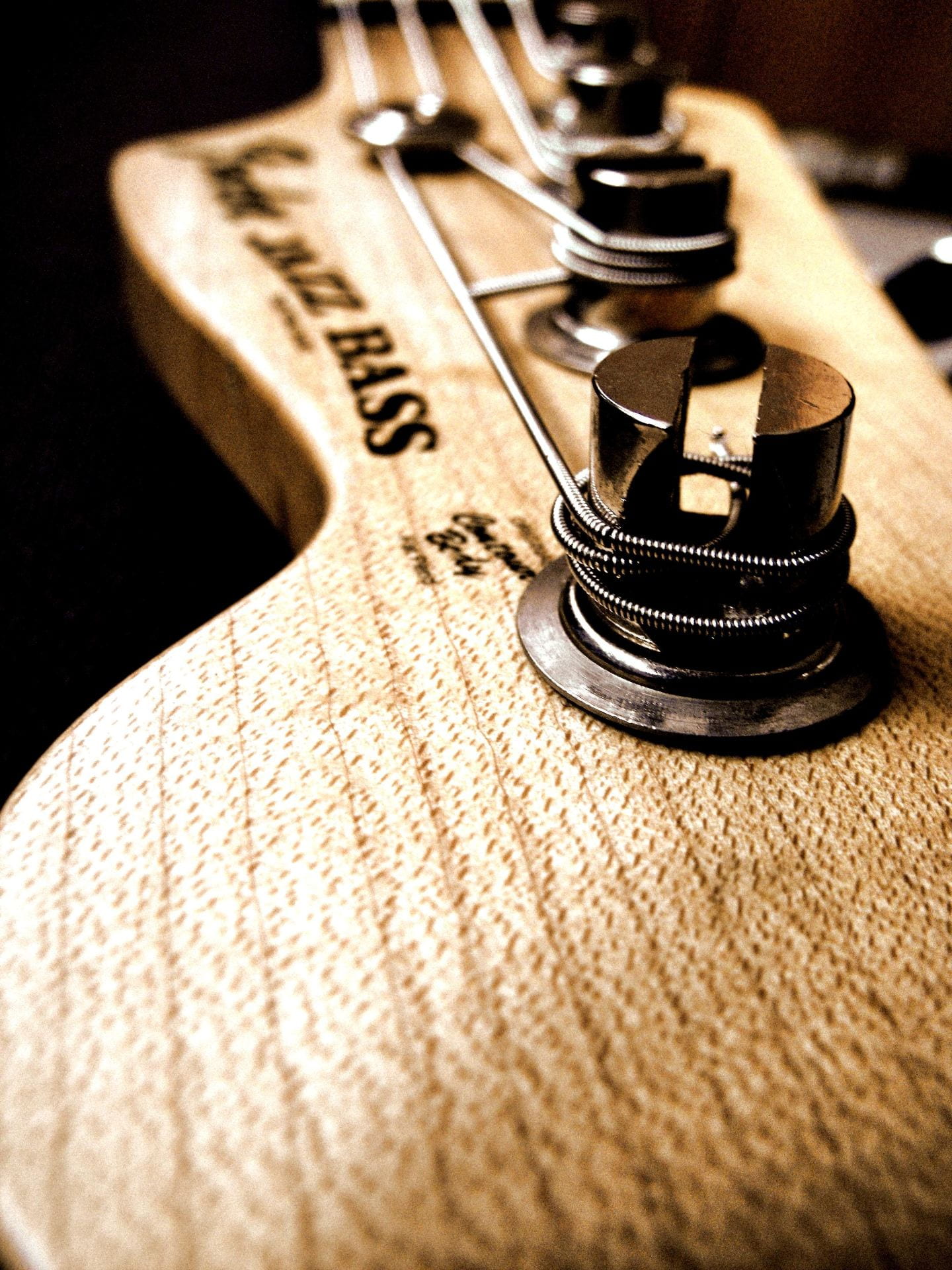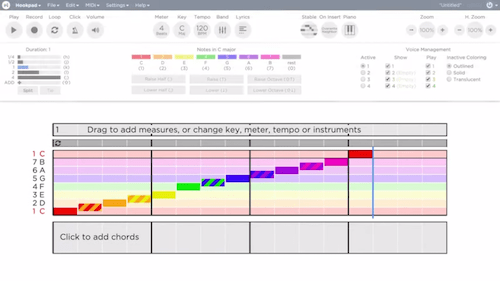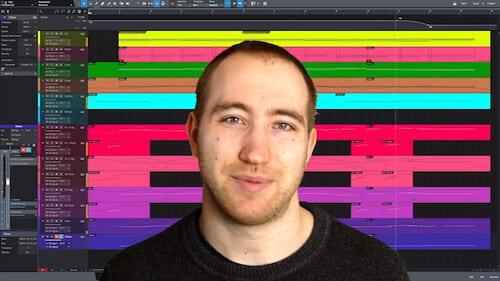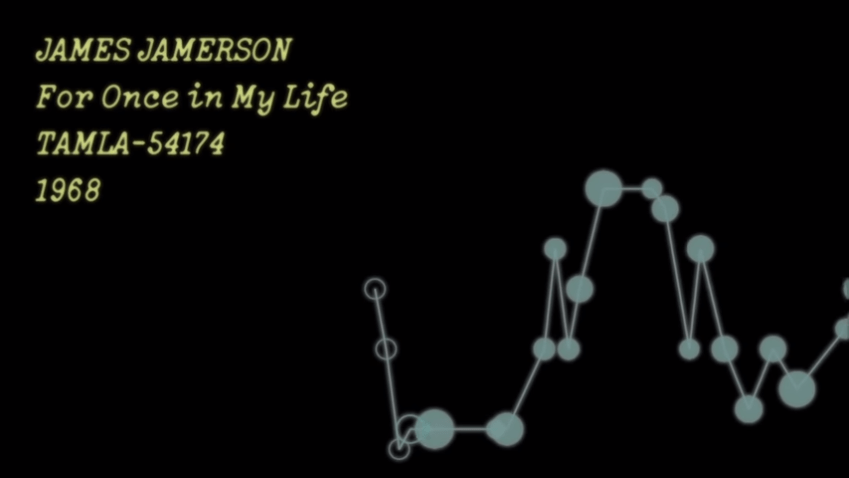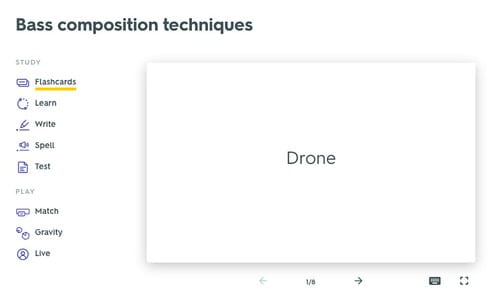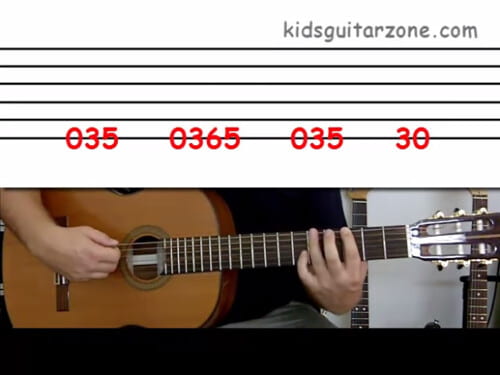The Brain, Learning, and Creativity Notes
Sleep is your Superpower
|
|
NotesTestosterone levels can be affected by levels of sleep Sleeping before and after learning new information is critical to retaining that information New memories can’t be absorbed during sleep deprivation Those who are sleep deprived have a 40% deficit in retaining information compared to those with enough sleep Deep-sleep brainwaves and fibers help retain memories and information Dementia and Alzheimer’s development is significantly affected by worsening sleep habits as a person ages An hour of sleep lost can cause an uptick in rates of heart attacks, due to Daylight Savings time Natural Killer Cells are diminished during sleep deprivation The WHO has classified nighttime work as a “probable carcinogen” Genes and DNA are distorted and shut off by insufficient sleep The body needs to lower its core temperature by ~2 degrees Fahrenheit in order to fall into and stay asleep |
Summary
Sleep is incredibly important to all aspects of the human body, and deprivation of it is detrimental to a person’s health now and in the future.
Learn Better Practicing Techniques from Dr. Molly Gebrian
|
|
NotesTaking breaks is very important for learning new skills and information Groups that practice spaced learning tend to perform much better than groups that practice massed learning ^ Spaced learning groups reach proficiency at surgical training at a higher rate The synapse is the space between two neurons, where most brain activity is transmitted When a synapse undergoes “long-term potentiation”, it grows stronger and more easily communicable A higher number of synapses undergo potentiation via electrical stimulation after breaks Breaks are taken so that synapses can be properly constructed and ready for potentiation The prefrontal cortex is mainly used for early memory Practice should be spaced out farther the more complex the task is If a break is too short, synapse reconstruction can’t occur–if breaks are too long, memory can fade |
Summary
Adequate breaks are essential for retaining information, as they allow synapses related to memory and brain communication to reconstruct.
